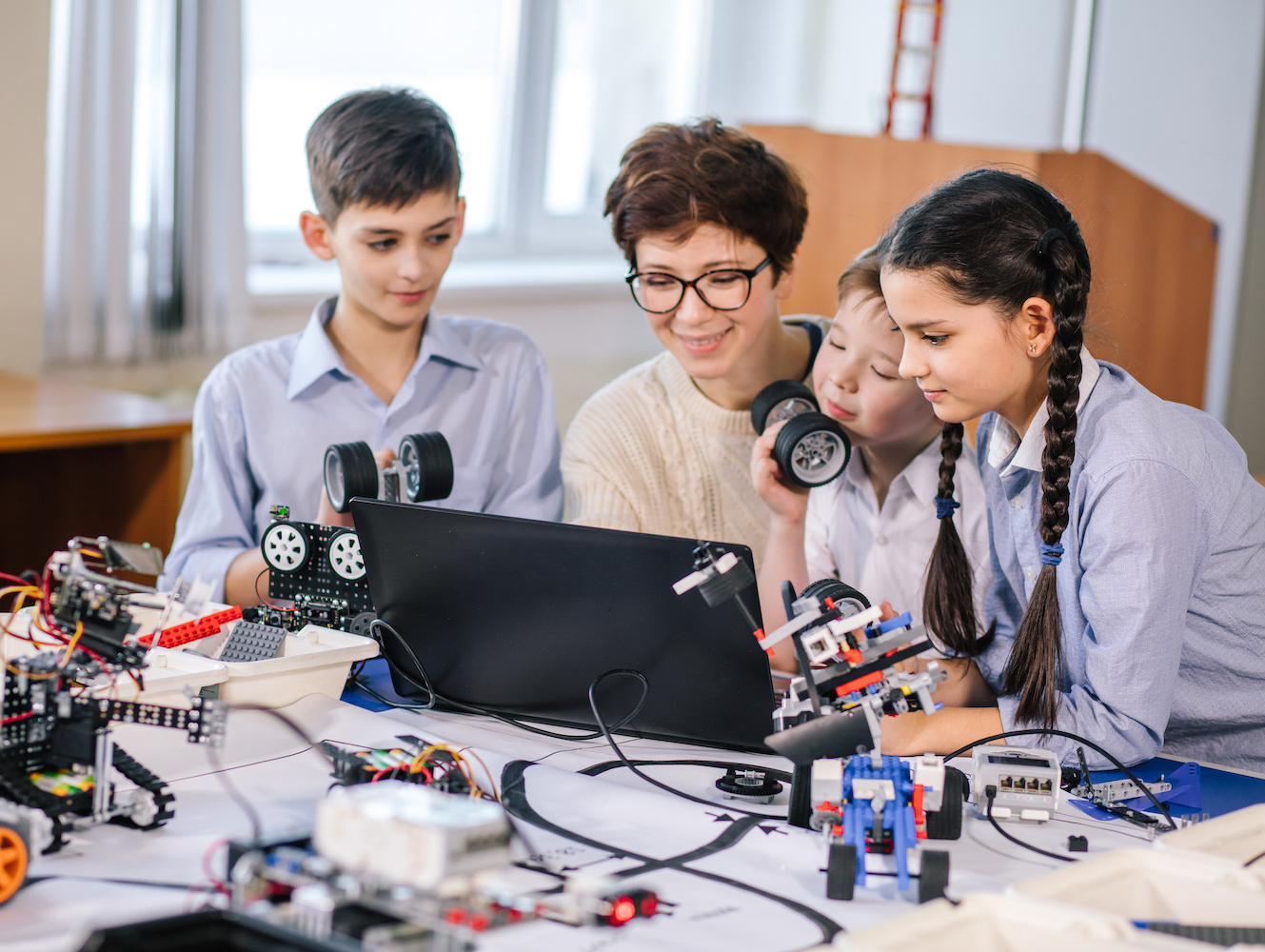Social and Emotional Learning (SEL) is the process with the help of which children, and even adults can acquire and apply skills, attitudes and knowledge required for effectively understanding and managing emotions. Hind Louali French School of Austin – Ecole Jean-Jacques Rousseau mentions that SEL learning significantly helps people to feel and show empathy for others, establish and achieve positive goals, make responsible decisions and develop positive relationships.
Hind Louali French School of Austin marks a few ways to incorporate SEL into the classroom
Young people are often faced with unparalleled demands in their daily lives. They have the pressure well in school, make the right decisions about social and health practices, and learn how to understand and appreciate others. They also must be able to resist negative influences both online and offline, and try their best to contribute to their family and community. Social and Emotional Learning (SEL) helps students to effectively meet all these demands. It can improve their capacity to establish and maintain healthy relationships by establishing a positive, safe and mutually beneficial environment.
Teachers and educators should try their best to teach skills that help young children to manage emotions, understand self, show empathy, manage behaviours and build relationships. Here are a few tips to incorporate SEL into the classroom:
- Create a supportive atmosphere: Educators should try their best to create a supportive atmosphere in the classroom. They can have students sit in a circle, so they can all see each other. Every student should then be given the chance to talk about their experiences and feelings. The students must also be allowed to step out if they need a moment to collect their feelings.
- Share life experiences: Educators should try to share experiences from their own lives that relate to the classroom discussion, whenever possible. There is a good chance that educators will not always be able to identify with the life experiences of the students, and can have a completely different experience based on upbringing. But it is important to be honest about these things. This can help students to become more comfortable with sharing their own experiences.
- Celebrate diversity: Spending time on discussing and learning about people from varying backgrounds, cultures and ability levels is important for students. Children must see, hear and understand that they are a part of a larger community. Discussions about diversity early in life can help promote acceptance, tolerance and inclusion.
- Make space for reflective writing: Educators should give students the time to journal. To improve the ambience, the lights of the classroom can be dimmed, and some quiet music can be played. This writing time can provide students with a much needed soothing and quiet break from the chaos of daily life.
Hind Louali French School of Austin – Ecole Jean-Jacques Rousseau recommends encouraging personal goal-setting to the students, as it can help them to strengthen their interpersonal skills. It can also provide them with better ownership of their own learning. SEL programs build upon individual student strengths and can also help ensure that they can access and benefit from high quality educational opportunities in the long run.


